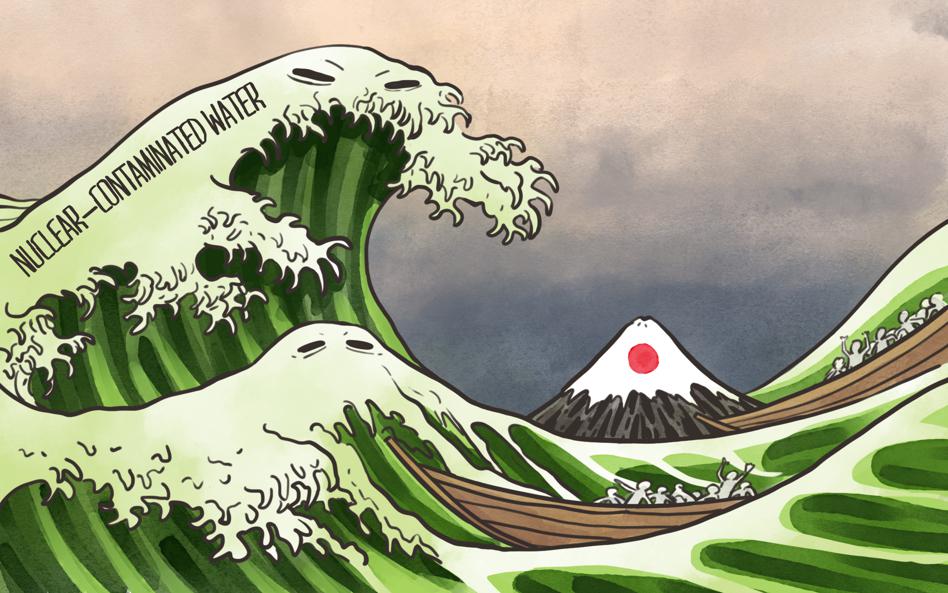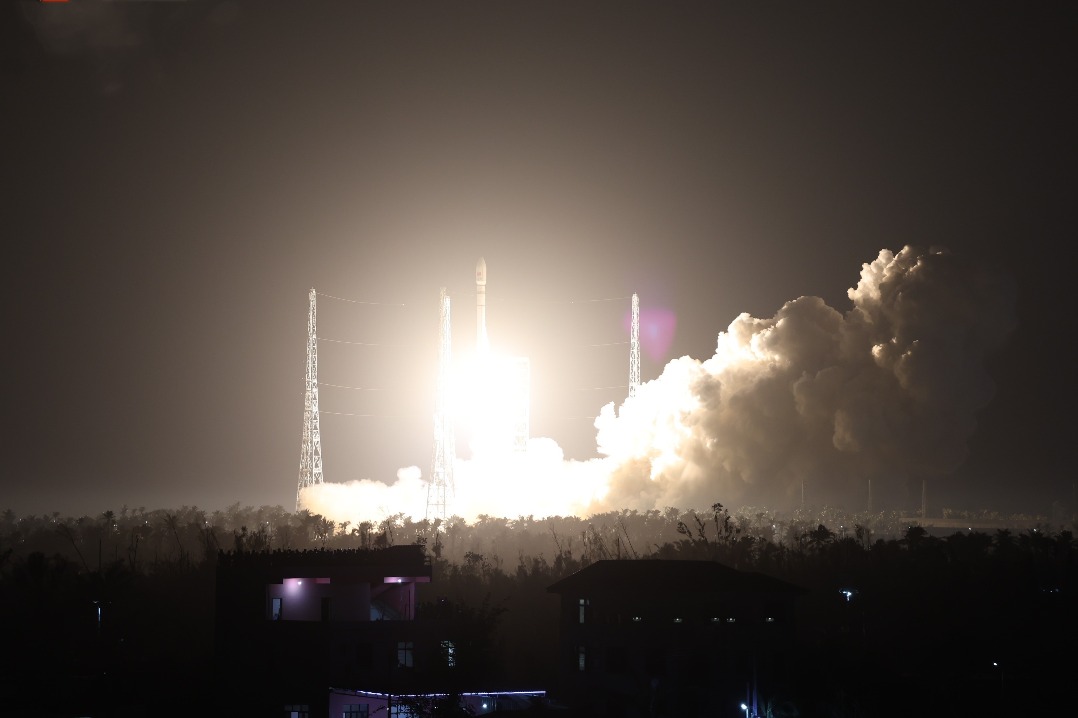Japan threatens planet with radioactive water

Selfish action against claim of being responsible

Ignoring the international community's protests, Japan has decided to release the radioactive water from the Fukushima nuclear power plant into the sea. First, no country has dumped such a huge volume of radioactive water into the sea, not to mention Japan's decision to do so is not based on proper, transparent research on the water's ill effects on the marine environment and ecology.
Second, although Japan claims only a small amount of tritium exists in the treated water to be released into the sea, it doesn't mean it will have little impact on marine life. Although the radiation tritium emits is low on energy, its half-life is 12.3 years, meaning it will take 12.3 years for half of its atoms to undergo radioactive decay during which it can easily contaminate all the oceans.
In fact, the radioactive water has more than 60 radionuclides, many of which cannot be effectively treated, and more than 70 percent of the treated water stored in tanks at the Fukushima facility still has radioactive elements that far exceed the regulatory limits for discharge.
Third, TEPCO, which owns the Fukushima facility, has acted irresponsibly in dealing with nuclear pollution, and its claims about the discharge are not credible or verifiable. So its move to release the radioactive water into the sea is very risky.
And fourth, despite having other options to dispose the radioactive water, Japan has chosen the cheapest and easiest way to do so, forcing the international community to bear the vicious ill effects of its action. Japan's selfish decision goes against its claim of being a responsible country.
Liu Litao, an associate professor at the School of International Studies, Nanjing University.


































